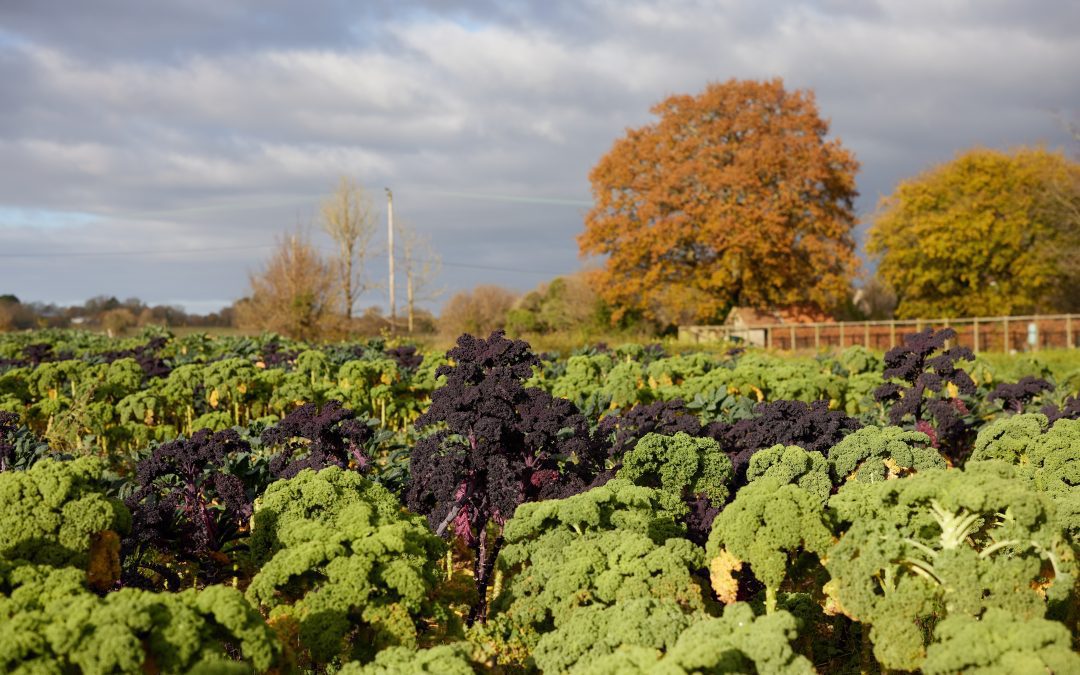 Hi there! For those who don’t know me my name is Jess, and I am a qualified Nutritional Therapist based in the beautiful town of Bradford-On-Avon.
Hi there! For those who don’t know me my name is Jess, and I am a qualified Nutritional Therapist based in the beautiful town of Bradford-On-Avon.
I am passionate about food and produce and truly believe that nutrition can have a huge impact on health, both physically and mentally. If you don’t find me eating, cooking, or writing about food, I’ll be in the outdoors, or at Hartley Farm with one of their delicious coffees in hand.
DipION qualified/mBANT & CNHC Registered
I’m excited to be doing my first workshop at Hartley in May, focusing on the importance of nutrition during pregnancy. Join me for a relaxed but deep dive talk where we’ll be focusing on subjects such as how to survive morning sickness and the changing nutritional needs of you and your baby for each trimester.
If this is of interest to you, there’s more info and booking here.
———————————————————————————————————————————————————————————————————————–
The Spring Edition
Can you feel it? Spring is finally here and it’s bringing more than just sunshine and warmth. It’s a chance to reset, dust off those winter cobwebs and nourish us with the delicious, fresh seasonal fruit and vegetables that are starting to fill the shelves.
I love seeing how the fresh produce at Hartley Farm changes with the seasons. It’s a testament to their dedication to eating locally and sustainably. Seasonal eating is an environmentally friendly way of shifting you’re eating habits that can also have fantastic health benefits.
Seasonal and locally grown produce is more nutritious and flavourful than those that are harvested out of season or transported over long distances. Factors such as sunlight and soil naturally ripen seasonal fruits and vegetables, providing them with a fresher taste and more nutrients. However, once a fruit or vegetable is separated from its vine or branch, it begins to lose nutrients. One study has shown that vegetables can lose 15 to 55% of immune-boosting vitamin C within a week after harvest. So, choosing local produce increases nutritional value a lot!
Our bodies are also not the same all year round and our nutritional needs change with the changing seasons. Spring has started to fill the shelves with a fantastic variety of leafy greens. These beautiful vegetables such as kale, spring greens, chard and purple sprouting broccoli are packed with chlorophyll, a molecule that binds with toxins and helps to flush them out of the body. Mother nature’s way of encouraging a spring detox after the long-wet winter we have had! The high levels of vitamin C and K in spring produce also help boost our immune systems after all those winter bugs.
When looking for high-quality produce packed full of these nutrients you can’t quite beat the variety grown by Kate at Hartley’s triple award-winning organic market garden. Not only are her vibrant vegetables, herbs, and salads delicious but eating food that is as local as possible, in season and choosing organic where possible can have a significant impact on our well-being.
But how much of a difference does buying organic make to our health? Scientific research has shown us that although the macronutrient content between organic and non-organic isn’t that different organic plant foods have a significantly higher number of polyphenolic compounds (beneficial plant chemicals) as well as containing up to 40% more antioxidants! A diet rich in antioxidants and polyphenols can reduce the risk of many diseases including heart disease, diabetes, certain cancers, and neurodegenerative diseases.
Furthermore, consuming organic produce can reduce our exposure to harmful pesticides and herbicides by up to 90%, which can help boost our gut health and balance our hormones.
“Growing organically for me is all about using nature to do the hard work for me, rather than fighting it. We look after the soil with careful cultivation, adding compost and manure, growing green manures, and no pesticides or artificial fertilisers means that a healthy soil full of life grows healthy plants. We rely on nature’s predators such as ladybirds and parasitic wasps to take care of common pests like blackflies or cabbage white caterpillars. I can’t imagine going to work then donning PPE overalls and masks to work in the fields and polytunnels – if those chemicals aren’t good to breathe in when applying, they’re probably not great to eat either!”– Kate
So not only is seasonal and organic food more delicious and better for the environment but you can reduce your toxic exposure, boost your brain, immune, gut and hormone health, as well as reduce the risk of certain diseases.
So come jump into spring and give your health the seasonal boost it needs!
Jess
For more information on me and what I do please visit my website or follow me on Instagram.

 Hi there! For those who don’t know me my name is Jess, and I am a qualified Nutritional Therapist based in the beautiful town of Bradford-On-Avon.
Hi there! For those who don’t know me my name is Jess, and I am a qualified Nutritional Therapist based in the beautiful town of Bradford-On-Avon.